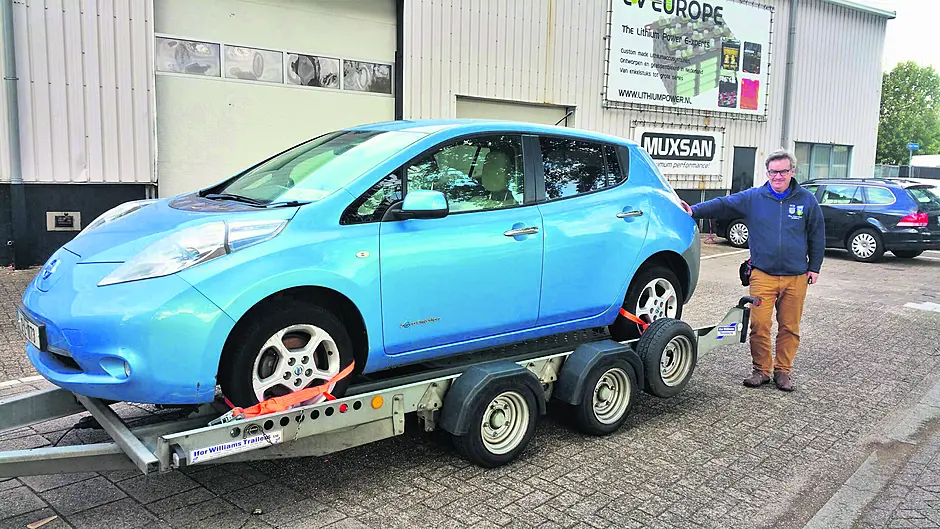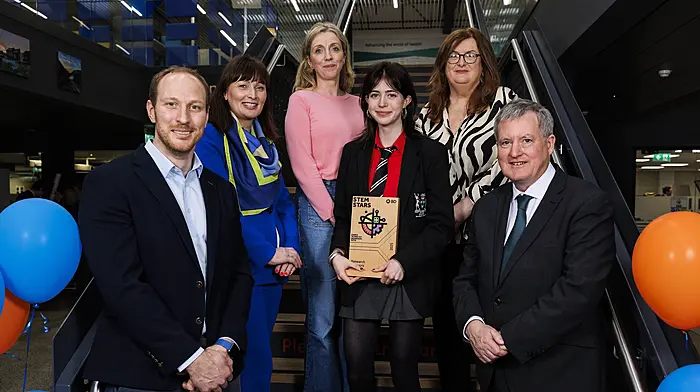BY BRIAN BYRNE
EARLY adopters will shell out good money, sometimes a lot of it, just because they are seriously interested in being ahead of the general curve. But as the technology improves, and it generally does so quickly in the early days, their expensive tech gets left behind in one or more areas.
It has happened with electric cars. Less than a decade after the real electric car era started with the first Nissan Leaf, the key range issue has changed the electric vehicle scene utterly.
In 2020 there are many more electric car models available, from all the main car brands.
Where they all differ most significantly from the early cars is in the real-world range, which typically nowadays is in the high 300kms area, and up beyond 500kms for more expensive versions.
That has effectively dealt with the main barrier to widespread adoption of electric vehicles.
Leaving home every morning with in excess of 300kms ‘in the tank’ is very well beyond the distance the vast majority of owners will travel in that day.
But where does that leave owners of early electric cars, thousands of which remain in daily use in Ireland, but which may only have a real range of maybe 80 to 120kms, depending on age? With a real-world potential life expectancy of 20 years for many of those used cars, can they be updated to allow that possibility?
Change battery
Companies like Nissan don’t offer a way to change the battery in their earlier models to a newer, more powerful version. But nature and enthusiasts both abhor a vacuum, and this one is being filled around the world by a growing army of third-party operators. Most of them are early electric car enthusiasts not afraid to modify their original pride and joy so they can have a viable use of it for longer.
In Ireland, that particular space is being occupied by a Co Kildare-based company called Range Therapy. Located in Narraghmore, it was founded by two men who both began their electric journeys on early electric Vectrix motorbikes.
Barry McMahon is an engineering and electronics professional who lives in the Narraghmore area, and Eamon Stack is a former Jesuit and an engineer who describes himself as ‘a serial social entrepreneur.’
Both men have first generation Nissan Leafs, whose nickel hydride batteries have somewhat reduced capacity at this stage even from their original modest 150kms. But, as Barry notes, even those first generation cars were exceptionally well built, and apart from their range have a lot of safe motoring potential left. Eamon agrees, and believes it would be unconscionable waste to consign his car to the scrapheap.
Researching the possibilities for upgrades, they came across a co-operative in Holland, Muxsan, which developed a system for adding a new lithium battery to early e-cars, which brings the total range up to a more modern level.
The procedure connects a new 18Kw lithium battery to the 24Kw one in the old Leaf, extending the range to a real 238km in the case of Eamon’s 2012 vehicle, from the 110km it was providing.
Conversion
The pair transported Eamon’s car to Muxsan in September last, and were trained there in how to make the conversion. They are now officially certified to do such conversions on Nissan Leafs and Nissan eNV200 vans, and they have converted Barry’s own 2011 car, bringing the useful range from 87km to 217km. In early generation Leafs, the extra battery does reduce boot space, but in subsequent versions it doesn’t.
It’s not cheap. The conversion costs €7,500, mainly because the cost of lithium batteries is still high. But, according to Eamon, these are coming down at a rate of 18pc a year. The batteries are sourced in China, which has the biggest electric vehicle industry in the world.
Range Therapy is not-for-profit company which is operated as a social enterprise. That means Barry and Eamon can charge a fair fee for their work and the components, but the business can’t be sold off.
According to Eamon, there are some 6,000 older electric cars on Irish roads of which many will gain a very viable extra life with the conversion. A significant number of them are second hand, imported from Britain.
Bottom line, the old range anxiety can now be sorted, by Range Therapy.







